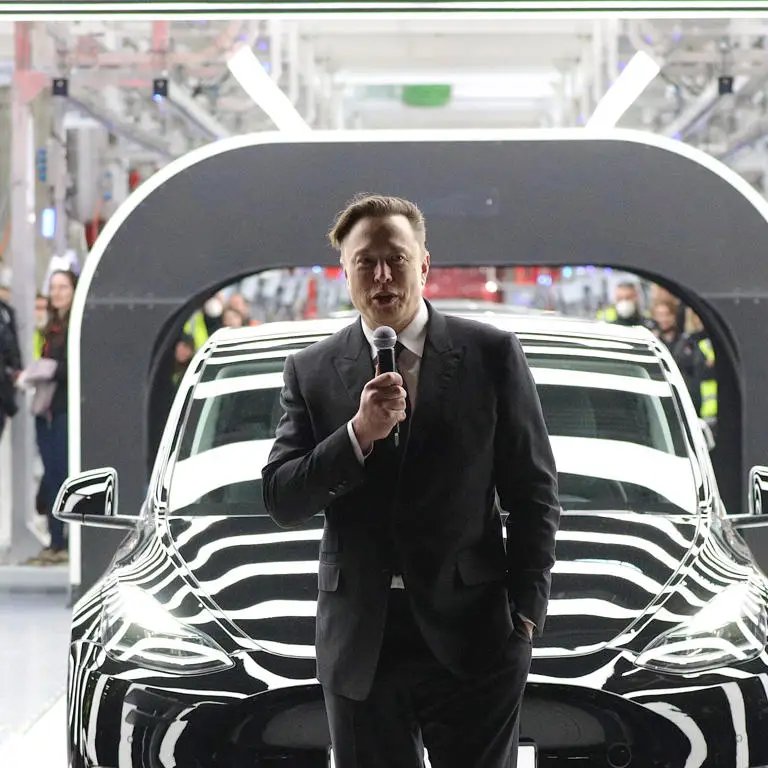The auto industry is bracing for impact. Former U.S. President Donald Trump has announced a 25% tariff on imported cars and auto parts, shaking up global markets. This policy aims to boost American manufacturing but comes with serious economic consequences. Automakers, foreign governments, and consumers are all watching closely.
The Winners: Who Benefits from the Tariffs?
Not everyone is upset about the new tariffs. Some companies and industries stand to gain.
1. Tesla and U.S. Automakers
Tesla could be a big winner. The company builds most of its vehicles in the U.S., meaning it won’t face the same tariff-related price hikes as foreign automakers. Other American brands like Ford and General Motors might also see an advantage, but their reliance on imported parts could limit their gains.
2. Domestic Auto Parts Manufacturers
U.S.-based suppliers of car parts might see an uptick in demand as foreign alternatives become more expensive. If automakers shift to local suppliers, these companies could see significant growth.
3. Trade Negotiators
Trump’s tariffs could be a bargaining chip in trade negotiations. The policy may pressure countries like Japan, Germany, and Canada to make trade concessions favorable to the U.S.
The Losers: Who Will Struggle?
While some companies may benefit, many will feel the sting of these tariffs.
1. Foreign Automakers
Companies like Toyota, Honda, BMW, and Volkswagen rely on the U.S. market. These brands import millions of cars annually, making them highly vulnerable to the new tariffs. Higher costs could lead to fewer sales and job cuts at U.S. factories operated by foreign brands.
2. Consumers
If you’re planning to buy a car, expect higher prices across the board. Experts predict price hikes of $5,000 to $10,000 per vehicle, depending on the model. Even American-made cars could get more expensive due to the rising cost of imported parts.
3. The Global Auto Industry
Stock markets reacted immediately to the tariff announcement. Auto stocks took a hit as investors feared lower profits and a potential sales slump. Countries affected by the tariffs may retaliate with their own trade barriers, which could escalate into a full-scale trade war.
What’s Next?
These tariffs are set to take effect on April 3. In the coming weeks, expect lobbying efforts from automakers and trade groups. Some companies may try to secure exemptions or delays. Others might restructure supply chains to minimize the impact.
Should You Buy a Car Now?
If you’re in the market for a new vehicle, now might be the best time to buy. Once the tariffs kick in, prices will likely rise sharply. Some automakers may offer short-term discounts to move inventory before the cost increase.
Final Thoughts
Trump’s auto tariffs are a bold move with high stakes. While they aim to protect American jobs, they could also drive up prices, spark trade conflicts, and disrupt the industry. The real impact will unfold in the coming months, but one thing is certain—the auto market is about to change in a big way.

